
From “yalla” to “habibi,” explore the history, fun uses, and classes to learn Arabic for Indians in the Gulf / Image generated by AI for illustrative purposes only
When you live and work in the Gulf, a few Arabic words sneak into your vocabulary even if you don’t speak Arabic fluently. Words like yalla, inshallah, habibi, khalas and mashallah turn up in shops, on construction sites, in offices and family chats.
These words are so common that they become part of everyday speech for many Indians living in the GCC.
Arabic words Indians have given their own twist
Let's explore some Arabic words that have become an integral part of the daily conversations of Indians in the Gulf:
- Yalla: While it means "let's go" in Arabic, in the Gulf-Indian context, it’s often used to urge someone to hurry up or get moving. For instance, "Yalla, we’re going to be late!"
- Habibi/Habibti: Translating to "my dear" or "my beloved," this term is used affectionately among friends and family. "Habibi, how are you today?"
- Inshallah: Meaning "God willing," it's used to express hope for the future. "Inshallah, we will meet tomorrow."
- Mashallah: Used to express appreciation or admiration, often in response to something good. "Mashallah, you’ve done a great job!"
- Khalas: This means "enough" or "finished." It's commonly used to indicate that something is done or to stop an action. "Khalas, I’ve had enough."
These words not only enrich the language but also reflect the deep cultural integration between Arabs and Indians in the Gulf.
Quick tip: Don't accidentally call your boss a dog!
If you're an Indian expat, you've probably nailed the everyday Arabic phrases.
But sometimes, those deep Arabic sounds don't exist in Hindi, and our desi pronunciation can land us in hilarious, or awkward, trouble.Here are a few quick tips to save you from mixing up your greetings, your heart, and the nearest canine:
| Qalb (Heart) | Kalb (Sounds like 'K'ite) | In Arabic, your Qalb (with a deep, guttural 'Q') is your heart. But if you say it with a soft 'K,' you've just said Kalb—which means Dog! | Say the 'Q' from the very back of your throat. Think of it as a deep, rough 'K'. |
| Khubz (Bread) | Kubz (Skipping the 'kh') | Khubz is the delicious local flatbread. If you drop the throat sound ('kh'), native speakers might not understand you. | The 'kh' sound is like gently clearing your throat. Practice saying 'Kha-liji' (for the Gulf) to get the sound right! |
| Ḥāl (Condition/State) | Haal (Too much breath) | You use this word for the universal greeting: Kayfa Ḥalak? (How are you?). The Arabic Ḥā’ (ح) is a soft, compressed 'h' sound. | Keep your 'h' quiet and smooth. It's not a big, loud English 'H.' |
| Marḥaba (Hello) | Mar-HAA-baaa! (Too stressed) | We tend to over-emphasize the middle or end of words. Marhaba is a smooth, flowing word. | Don't shout! Say it smoothly and evenly. Keep the rhythm flat and friendly, not dramatic. |
How trade, culture, and Islam shaped Arabic words in India
The linguistic connection between India and the Arab world stretches back over a millennium, shaped by centuries of trade, cultural exchange, and religious interaction. Arab traders frequented India’s coastal regions, especially Kerala, Gujarat, and the Konkan coast, drawn by spices, textiles, and other valuable goods.
Over time, these interactions introduced Arabic vocabulary into Indian languages, while the establishment of communities like the Mappilas in Kerala reflected deeper cultural and linguistic blending.
The spread of Islam further cemented Arabic’s influence, as it became the liturgical language and contributed words and expressions to Hindi, Urdu, Malayalam, and Gujarati.In the modern era, particularly after the 1970s Gulf oil boom, large-scale migration of Indian workers to countries like the UAE, Saudi Arabia, and Oman strengthened these linguistic ties.
Daily life in the Gulf exposed Indians to Arabic phrases, which gradually merged with their native languages. Today, words like “yalla” (let’s go), “habibi” (my dear), and “inshallah” (God willing) are part of everyday conversations, reflecting centuries of cultural interaction and the ongoing evolution of language in a shared, multicultural space.
From Hal to Waqt: The twin words that bind the dialects
The most mind-boggling part of the Arabic-Indian linguistic crossover isn't the phrases learned in the Gulf, but the common words that Indians have unknowingly carried from the subcontinent.
These "twin words" sound almost identical in Hindi/Urdu and Arabic, effortlessly bridging the communication gap and showing how deep the roots of their shared vocabulary go.This linguistic comfort zone means Indian expats often don't need a translator for core concepts, as these words have been an integral part of Indian languages for centuries, mainly filtered through Persian.
| Crossover Word (Hindi/Urdu) | Arabic Origin | Meaning | How it Influences the GCC Dialect |
| Waqt (वक़्त) | Waqt (وقت) | Time | When an Indian asks, "Kitna waqt?" (How much time?), an Arab often understands the concept instantly, even if the phrasing isn't Modern Standard Arabic. It’s a shared time-teller. |
| Hal (हाल) | Hāl (حال) | Condition/State | Both languages use this word to ask about well-being. The classic Arabic greeting Kayfa Halak? (How are you?) sounds familiar because of the Hindi/Urdu word for 'condition'. |
| Sahi (सही) | Sahīh (صحيح) | Correct/Right | A simple, powerful affirmative. When an Indian says, "Sahi baat" (Correct point), the word itself is instantly recognized by an Arab speaker as meaning "true" or "right." |
| Qalam (क़लम) | Qalam (قلم) | Pen | Whether you're in a Dubai office or a Mumbai school, the object used for writing is often called qalam. This shared administrative vocabulary is a direct historical link. |
| Amir (अमीर) | Amīr (أمير) | Rich/Wealthy (or Prince) | In Arabic, it means "prince" or "commander." In Hindi/Urdu, it evolved to mean "rich." The shared root confirms a concept of power and status familiar to both cultures. |
When in doubt, remember that the Arabic language uses the back of the throat far more than Hindi. A little guttural effort can save your heart from becoming a dog! The linguistic and cultural ties between India and the Arab world are profound and multifaceted. From ancient trade routes to modern migration, these connections have enriched both cultures. For Indians in the Gulf, incorporating Arabic words into daily conversations is a testament to this enduring relationship.
Embracing the Arabic language can further enhance these connections, fostering greater understanding and appreciation of the shared history and culture.

 1 month ago
29
1 month ago
29

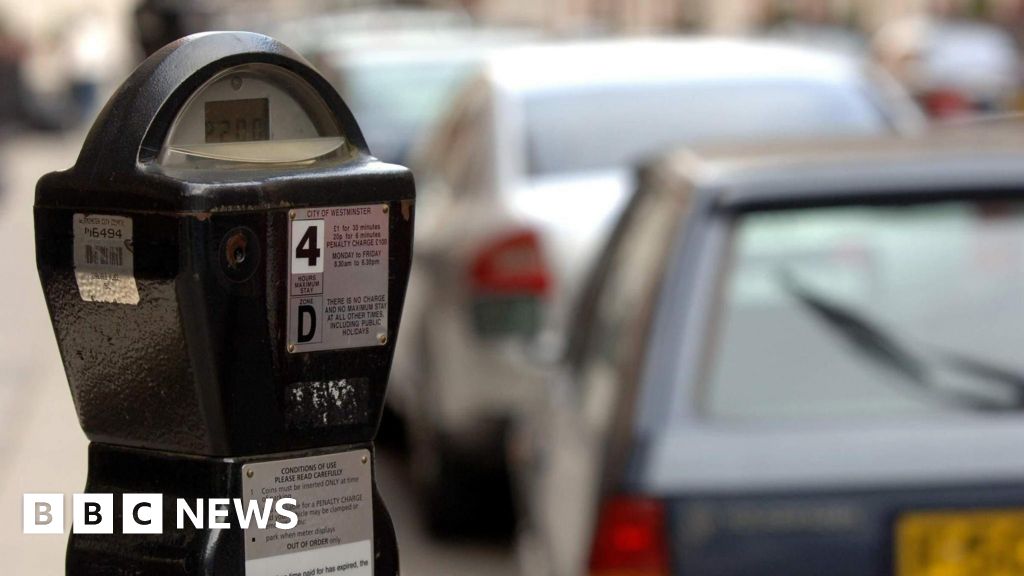
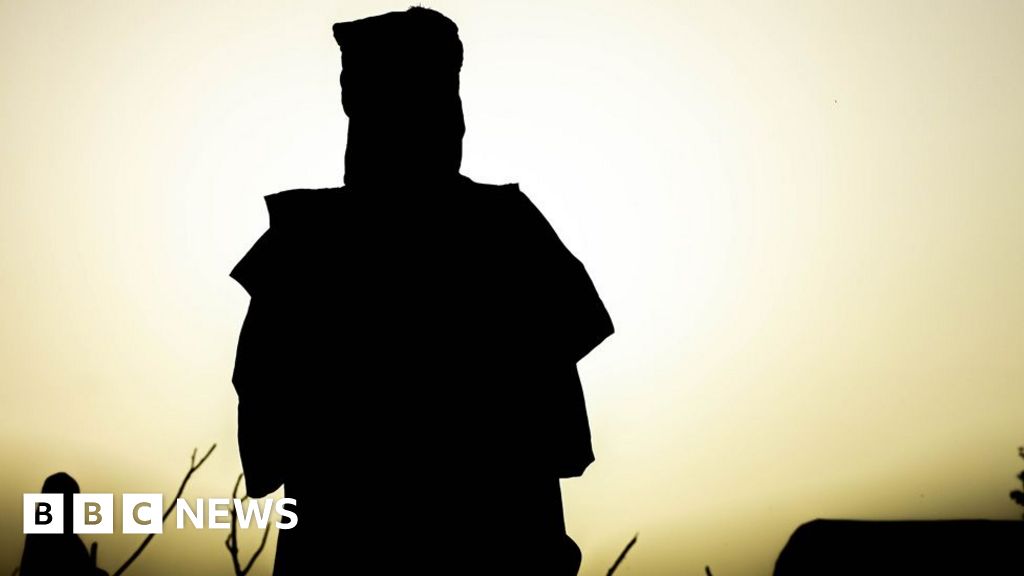
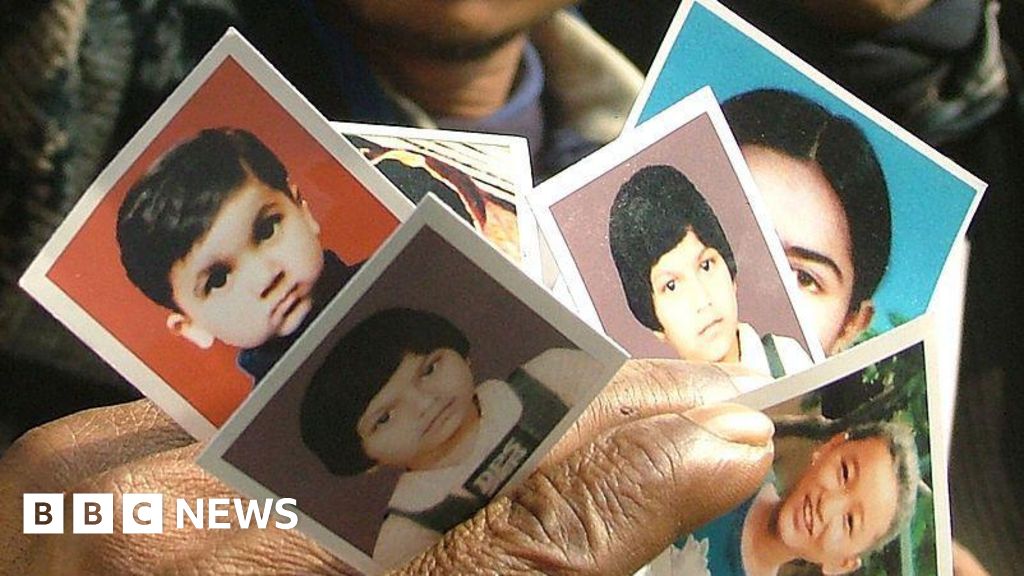


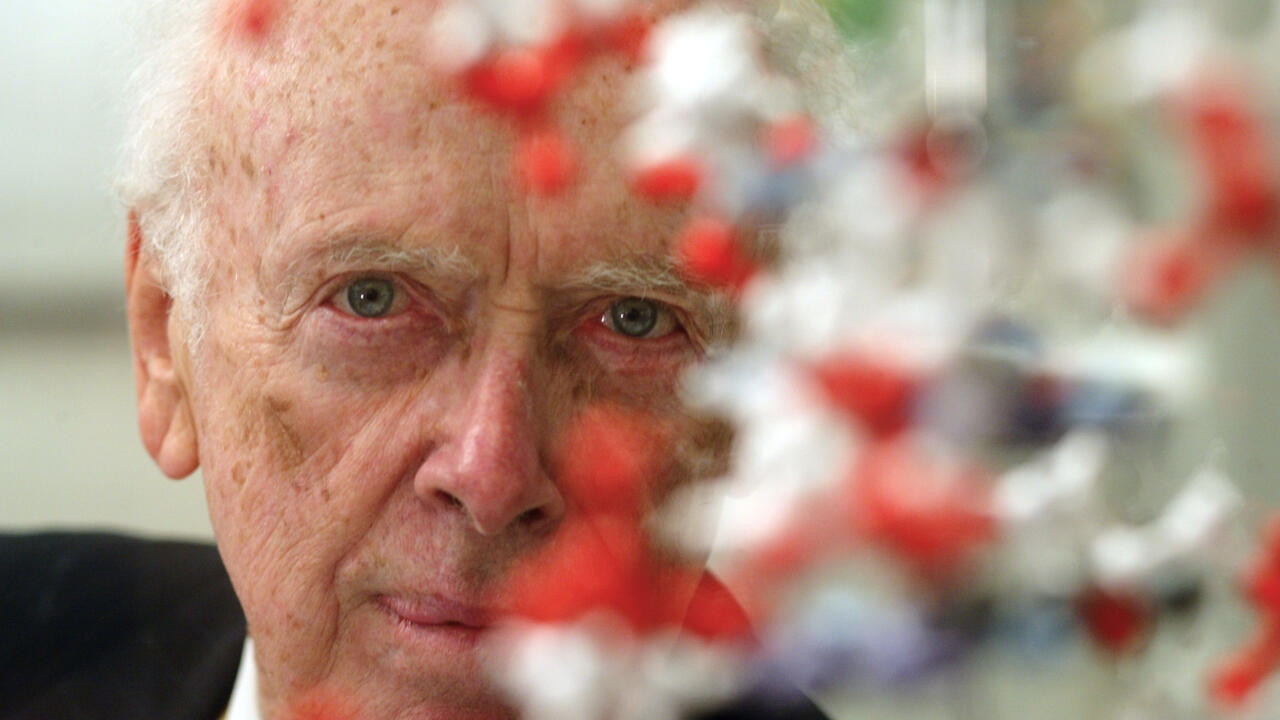
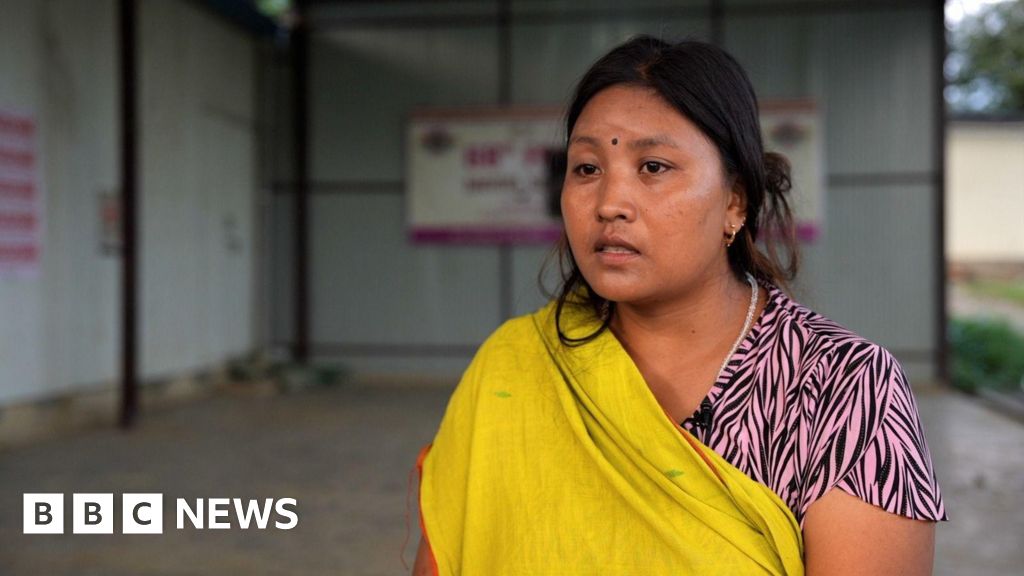


 English (US) ·
English (US) ·